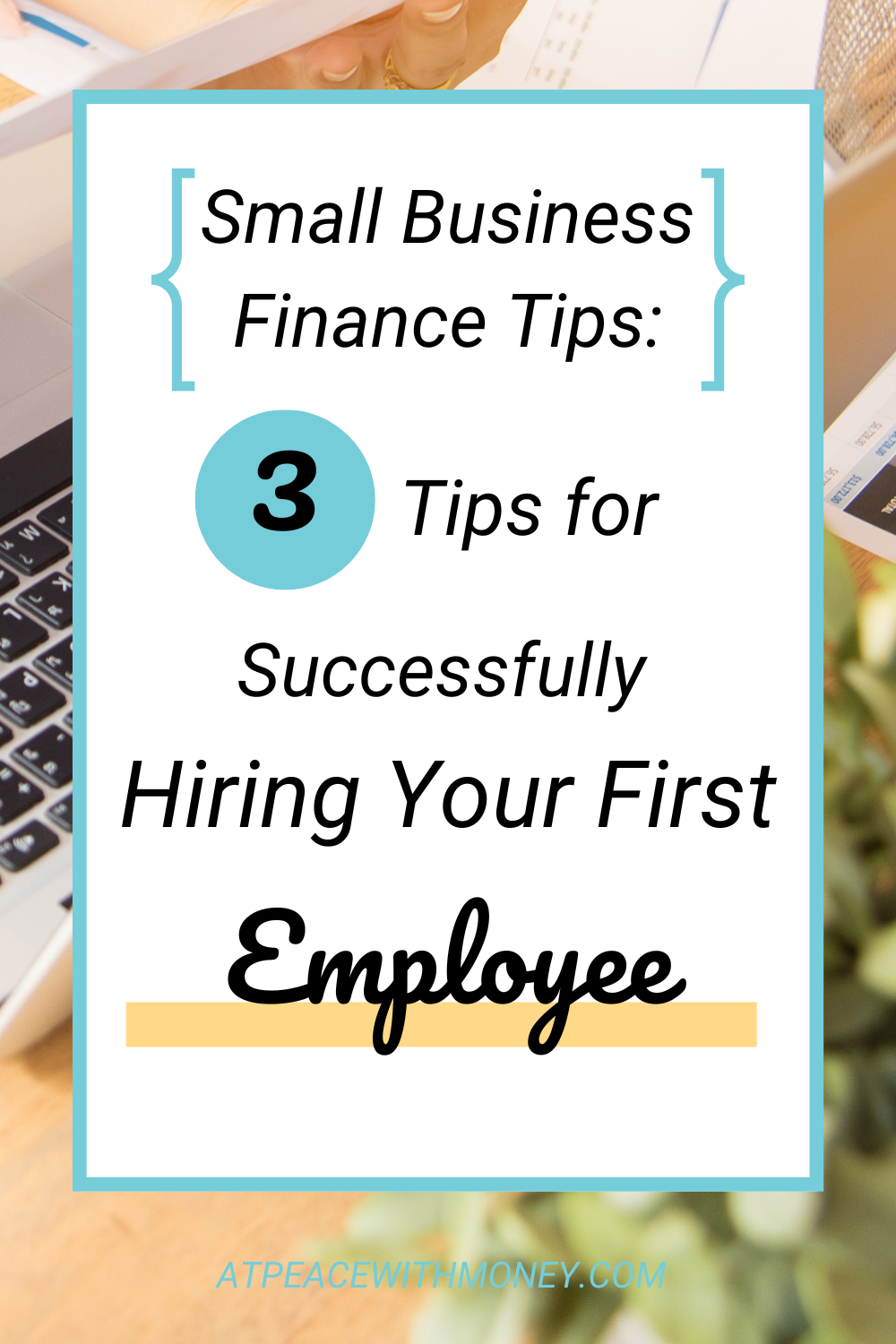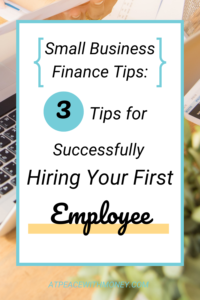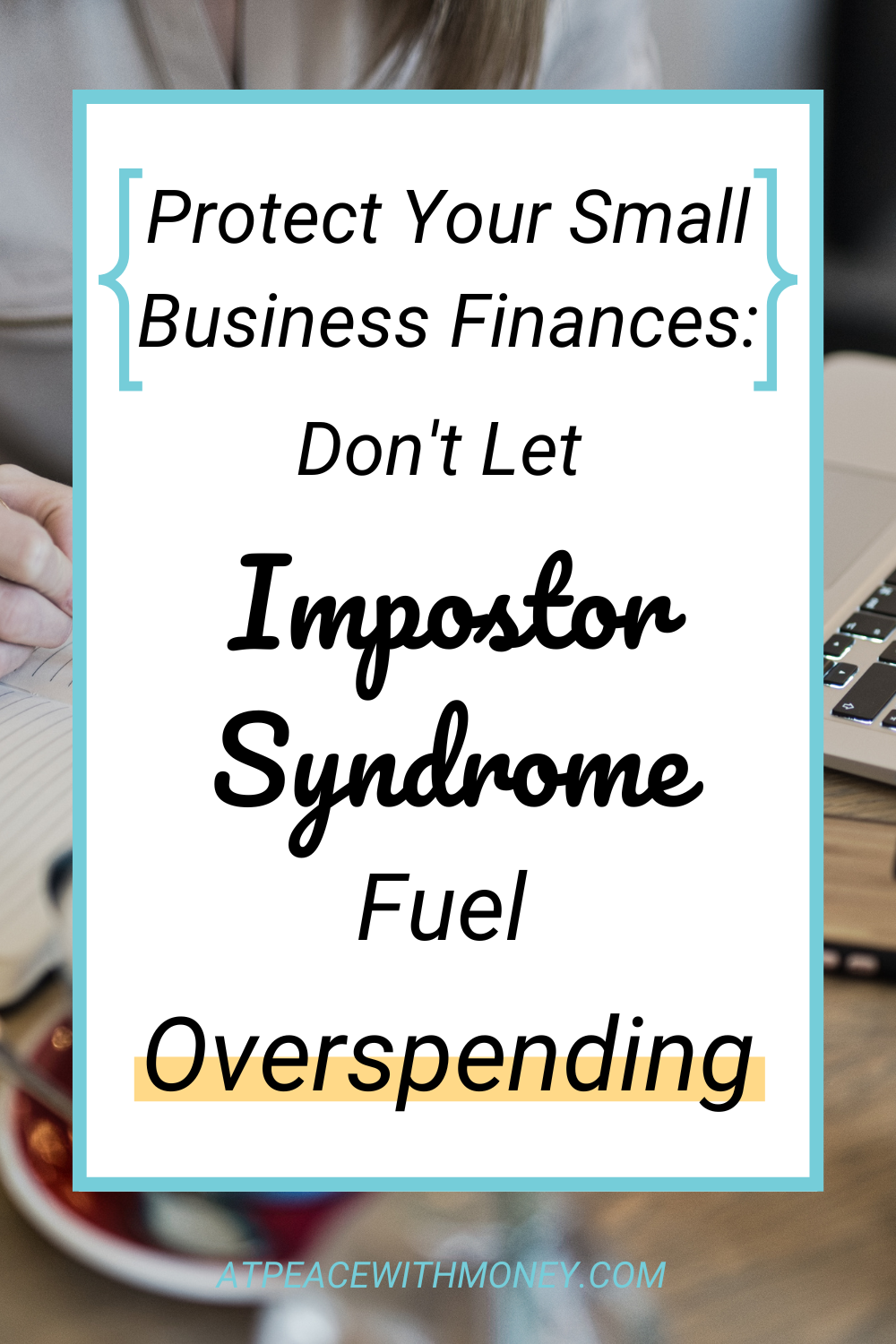Three Tips for Successfully Hiring Your First Employee

Part of scaling up your business is getting the help you need, when you need it. For many businesses, there comes a point when the tasks that need to be done outstrip your capacity, but your time and expertise are incredibly valuable. This could be the perfect time to hire an employee or contractor. Here are my top three tips for getting it done:
Know What You Need
First off, when considering hiring or getting a skilled outside contractor to help you with tasks (ie a VA, a copywriter, a bookkeeper, etc.), it’s important to have a clear idea of what help you need from them. Take some time to identify what you want to take off your plate.
There are probably tasks in your business that are not your area of expertise. These tasks take you longer to complete than they would for someone with a higher skill level. These types of tasks are great to hand over to a contractor or an employee with a specific skill set.
There may also be tasks in your business that you are able to do well, and don’t mind doing, but they aren’t directly linked to the value you provide through your business. Tasks like these are also great to pass on to an employee, perhaps even someone who has similar skills to you and is interested in learning more.
Do the Math
Before striking out on your quest for an employee, it’s important to do the math and make sure you can afford the help. Ask yourself:
- How much time will it save me to hire?
- What else could I be doing with that time and how will this benefit my business?
- How much will it cost me?
Hiring someone to help you in your business is an investment, so think about what you’ll gain. Then, weigh that against the cost. If it seems like hiring will ultimately be profitable and beneficial, do it!
Get Help if Needed
Does writing a job description scare you? Are you feeling too overwhelmed with the prospect to the put the time into hiring? It’s ok if you are – there is help. From business resource centers to getting advice from industry colleagues who have hired employees themselves, to finding a firm to help you, there are many different options here. Personally, I’ve enjoyed working with Ashley of Sprout HR, who helped me get clear and also be legally compliant throughout the hiring process. I also worked with my digital content assistant to put together a job announcement, description, and application form.
Another option in this department is considering partnering with other business owners. Sometimes when you need help with your workload, there’s somebody who might be willing to take on some of your clients. The terms of this relationship can be negotiated between you. As long as you have a good working relationship and hear good things about their working reputation, this can be a great way to get help with tasks!
If you enjoyed this post, you’ll probably dig my newsletter. Get the blog posts and a monthly tailored message chock-full of tips and insights delivered straight to your inbox! Click here or below to join us.






